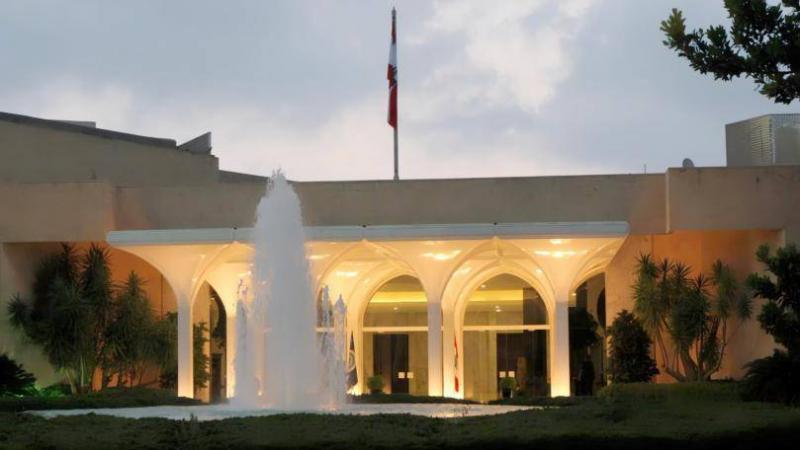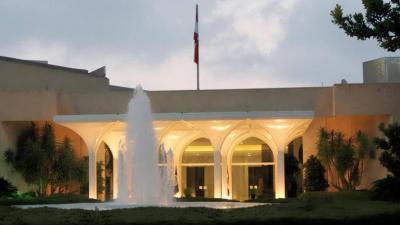In a reflection of Hezbollah's usual stance on presidential elections, the head of the Loyalty to the Resistance bloc, Deputy Mohammed Raad, stated that "political spite, selfish and factional interests, narrow-mindedness, hatred, fanaticism, and racism driving some officials in their policies are what ruin the country." He questioned, "What prevents us from agreeing and discussing with one another to see who is most suitable at this time to take over the presidency and cooperate with everyone?" He emphasized the importance of "adopting balances, standards, and criteria; the closer these criteria get to one another, the shorter the distance between opinions, allowing us to elect a president and reach a solution. However, no one wants to think correctly or consider how we can reach a solution."
Referring to the government formation file, he said, "Some mocked it, and some were maliciously insinuating that those wanting to form a government do not want this country to elect a president. It has been two months without a president; what have we achieved? Where is the heroism in not forming a government? Where is the enlightened mind that rejected forming the government? If the government had been formed and we had elected a president now, what would have happened?" Raad confirmed that "the shortest way now to elect a president is through consensus, and the pressing needs of the country require that the president has different qualifications, so let's agree on them."
But is this really the shortest path to electing a president? This question is raised by opposition political sources through "Al-Markaziya." They argue that this consensus should occur within the March 8 political camp, where its members need to finalize their presidential choice and agree on a candidate to run in the elections. After this agreement, the shortest path to completing the elections, which is the logical and natural route, would be to head to the Parliament and adhere to the rules of the democratic game. The deputies of March 8 would cast their candidate’s name in the ballot box instead of using blank votes and phrases that lead nowhere, and the same goes for all deputies.
After counting the votes once, twice, or even more, the president who secures two-thirds of the votes will be elected, away from obstructing the quorum and the attempts of the party to outsmart its opponents by inviting them to dialogue and consensus, which aim solely to convince them to vote for its own candidate.
This is what logic dictates, but will Hezbollah follow it even once?




